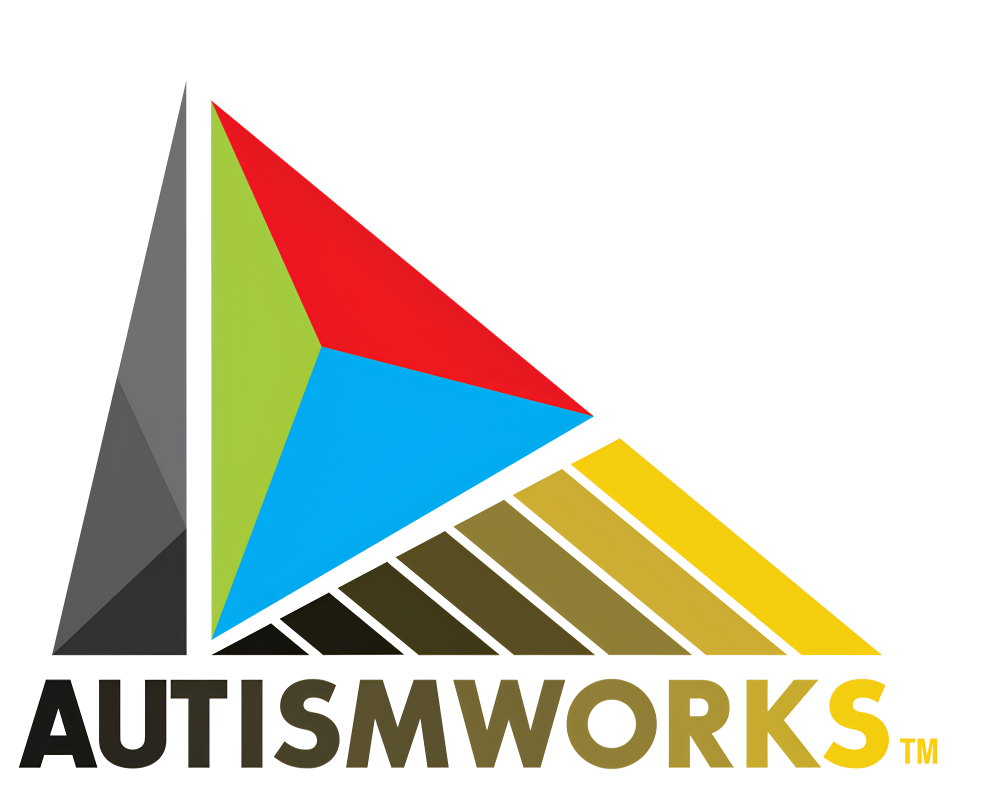Unlocking Potential: Celebrating Neurodiverse Talents at Work
Hello AutismWorks Community,
The workplace is enriched by diversity in all forms, and neurodiverse individuals bring unique strengths, perspectives, and skills that contribute to innovation and success. From attention to detail and creative problem-solving to unmatched focus, individuals with autism have so much to offer in professional environments.
In this edition, we’re celebrating the talents of neurodiverse individuals in the workplace, sharing success stories, and exploring how businesses can create inclusive environments where everyone thrives.
The Strengths Neurodiverse Employees Bring to Work
Neurodiverse individuals often possess qualities that are highly valued in the workplace:
- Attention to Detail: Many individuals with autism excel in tasks that require precision and accuracy.
- Creative Problem-Solving: Thinking outside the box and approaching challenges from unique angles is a hallmark of neurodiverse minds.
- Strong Focus: The ability to concentrate deeply on tasks can lead to exceptional productivity and thorough work.
- Reliability and Consistency: Many neurodiverse employees are known for their punctuality, dependability, and commitment to their roles.
Success Stories That Inspire
From tech giants like Microsoft and SAP to small businesses, companies are increasingly recognizing the value of neurodiverse talent. Here are a few inspiring stories:
- SAP’s Autism at Work Program: SAP has created an inclusive hiring process that leverages the strengths of individuals with autism, particularly in roles related to software testing, data analysis, and quality assurance.
- Ernst & Young’s Neurodiversity Center of Excellence: EY’s initiative not only hires neurodiverse professionals but also provides training to foster understanding among all employees.
- Small Business Success: Local businesses are also making strides by offering internships and mentorship programs designed to support neurodiverse employees, proving that inclusion benefits companies of all sizes.
These stories highlight the incredible contributions neurodiverse individuals make when given the right opportunities and support.
Creating Autism-Friendly Workplaces
Businesses can foster inclusive environments by making small but impactful accommodations:
- Clear Communication: Provide written instructions and clear expectations to reduce ambiguity.
- Structured Workspaces: Offer organized and predictable environments that minimize sensory distractions.
- Flexible Schedules: Allow for flexible hours or remote work when possible to accommodate individual needs.
- Sensory Support: Offer noise-canceling headphones, quiet spaces, or adjustments to lighting for sensory comfort.
- Training Programs: Educate all employees about neurodiversity to promote understanding, acceptance, and collaboration.
Resources for Neurodiverse Employment
There are many resources available to support neurodiverse individuals in finding and thriving in the workplace:
- Job Boards and Career Services: Platforms like Inclusively, Neurodiversity in the Workplace, and Autism Speaks’ Job Seeker Resource Guide offer tailored job searches and career support.
- Training Programs: Organizations like Specialisterne provide training and recruitment services for neurodiverse talent.
- Support Networks: Local and national support groups offer mentorship, advocacy, and resources for both job seekers and employers.
How Caregivers Can Support Employment Journeys
Caregivers play an essential role in preparing individuals for the workforce:
- Encourage Skill Development: Foster skills like time management, communication, and self-advocacy at home.
- Explore Interests: Help individuals identify their strengths and passions to guide their career paths.
- Practice Interview Skills: Role-play common interview questions and scenarios to build confidence.
- Celebrate Achievements: Acknowledge every step of the employment journey, from creating a resume to landing a job.
A Future Built on Inclusion
Neurodiverse talents bring invaluable strengths to the workplace, and creating inclusive environments ensures that these talents are recognized and celebrated. By fostering understanding, offering accommodations, and sharing success stories, we can build workplaces where everyone thrives.
At AutismWorks, we’re dedicated to supporting individuals with autism in every aspect of life, including their professional journeys. Together, let’s celebrate the unique abilities that make our community shine.
Warm regards,
Tyler McNamer



Responses